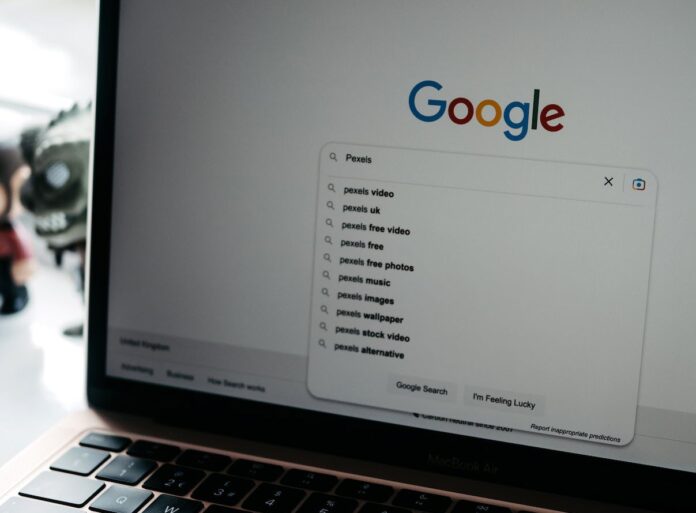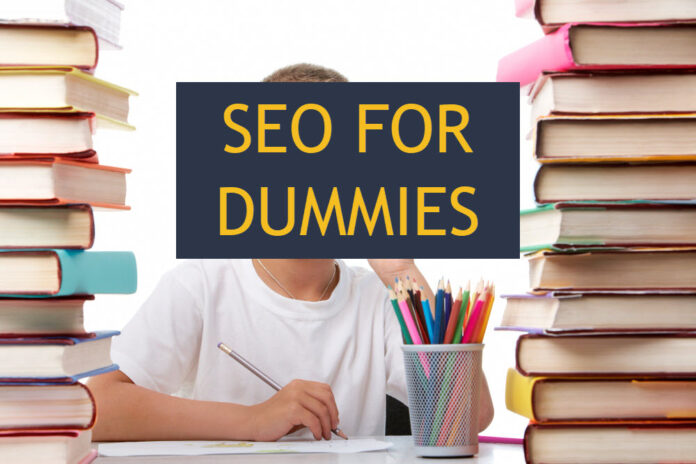The question “Will Google penalize AI content?” is more pertinent today than ever.
High-quality online content is in huge demand in the current digital era. Everybody is looking to produce content by leveraging AI Writing tools. The content could be exciting blog articles, marketing copies, or product descriptions.
The evolution of Generative AI technology has increased the productivity of content creation. AI-generated content has enabled writers to produce large volumes of outputs at scale. This automation also helps to save time and costs.
But deploying AI content generation raises the question of quality. Can AI-generated content meet the quality criteria for Google Search? Does Google penalize AI content just because a machine wrote it?
In this blog, I will discuss Google’s position on this topic. To begin with, I will recap what AI Content Generation is. Then, we will review its advantages & disadvantages. We will discuss on does AI Content rank? Finally, we’ll review the best practices for producing good-quality AI content.
I’ve been in the Tech industry for about 25 years now. I have seen the Internet, Cloud, Mobile, and Big Data affecting our lives. In my opinion, Generative AI falls in the same league. In the last many months, I have used & reviewed AI writing tools. I am sure the topic in this blog will be informative to all writers.
Let’s dive in!!
What is AI-generated content?
Generative AI is a set of tools used to automate the creation of new or original content. By “content” here, I refer to text, musical, audio, and visual elements.
AI Tools use complex algorithms and machine learning programs. First, they extract patterns from existing data. Then, they produce new content based on this given data and algorithm design. Thanks to AI, the world is getting affected in many ways.
Any mention of AI Content is incomplete without reference to ChatGPT by OpenAI. It was made available to the general public in November 2022. They hit 100 million users within two months. and primarily responsible for bringing AI Content Generation to the limelight.
In the next section, we’ll explore the Pros & Cons of AI-generated content.

Pros & Cons of AI-Generated Content
Here are six reasons why you should use AI Content Generators:
- Get over writer’s block: AI tools like Writesonic help you get a nudge to start. It enables you to get past the first blank page. Prolific writers often face this issue while getting started.
- Speed up topic research & writing: These tools are helpful when researching a topic from several sources. You can easily get a quick summary on almost any topic searchable on the internet.
- Get tailored output: You can define the type of output you are looking for. For example, the output types could be Blogs, social media posts, copywriting, SEO-writing, or email marketing text.
- Generate article outlines: As you kickstart the first draft, AI can generate a skeleton to build top-notch content. This outline or template forms a solid foundation.
- SEO-friendly content: Some AI Tools are designed to produce content that performs well in the Search results.
- Language corrections & rephrasing: The AI Tools suggest reader-friendly alternatives where required. They do a great job of assisting the writing process with language corrections.
Precautions While Using AI Content Generators
- Plagiarism – The current form of the output of AI Content tools does not attribute the source of the content. Writers need to do a thorough plagiarism check before publishing.
- Bias creep – An AI Tool’s content is as good as its sources of content or its training. There is a chance of prejudice based on its data sources.
- Human touch – Lack of human touch or the author’s style in the content is a problem. Text generated by a robot cannot match up to human skills. They do not have a “personality” and could be a monotone. They lack creativity, empathy & critical thinking.
- Not Search friendly – Search engines penalize spammy & poor-quality blogs written using AI tools. The generated content only presents available information differently. The author’s unique perspective is not captured here.
- Fact checks – AI-generated content could be factually incorrect. The content is from open sources learned on the web. The author needs to do a thorough fact-check.
- Learning curve – Using AI Tools comes with a learning curve. The author needs to give appropriate prompts or inputs. These inputs direct the tool to generate the desired result.
- Budget – AI Writing Tools come at a price. There are free tools with limited features. But the fancy ones cost dollars, and bloggers must budget for them.
- Flow of text – Do not submit content without proofreading. The AI-generated content may lack flow or have repetitive text. Authors need to be wary of such issues.
I will now touch on Google’s position on AI-generated content and how it affects SERPs.
Does Google Penalize AI Content?
Google’s search algorithm aims to deliver high-quality results. Therefore, they should be relevant to the user’s queries. Google has mechanisms to identify low-quality and spammy content to achieve this goal.
Does Google penalize AI generated content? Is automatically generated content against Googles webmaster guidelines? The SEO community had ambiguous viewpoints in 2022 with mixed signals from Google.
There were no clear answers to “Can Google detect AI written content?”. Some experts opined that Google says AI-generated content is against guidelines.
But on 8th February 2023, a Google announcement clarified this matter. Here is an extract in Google’s own words:
Rewarding high-quality content, however, it is produced.
Google’s Blog titled Google Search guidance about AI-generated content
Google’s ranking systems aim to reward original, high-quality content that demonstrates qualities of what we call E-E-A-T: expertise, experience, authoritativeness, and trustworthiness.
Our focus on the quality of content, rather than how content is produced, is a useful guide that has helped us deliver reliable, high-quality results to users for years.”
This announcement clearly established that the source of the content doesn’t matter. However, to perform well in Google Search, it is crucial to meet the E-E-A-T criterion.
As per Googles Webmaster Guidelines, content creation should be to benefit consumers. They should not be written FOR search engines. The content must be educational and pertinent to the user’s search intent.
Google’s algorithms can detect low-quality content by design. This is regardless of the content origin. Google will punish content it deems to be spammy. This is also true when content is intended to manipulate search results.
In summary, AI-Generated content cannot be low-quality. It cannot be irrelevant to the user’s search intent. Otherwise, it will be penalized by Google.

What are the Best Practices for High-Quality AI Content?
You can ensure that your AI-generated content meets Google’s quality standards. Check out these best practices:
- Include high-quality statistics: You should include relevant, high-quality statistics in your research as an author. It ensures that the AI-Generated content is informative & well rounded.
- Your experience & expertise. Content should include your perspective and personal experience with the topic in discussion.
- No plagiarised content: Google penalizes duplicate content, whether human-written or AI-generated. You should ensure that AI-generated content is unique, i.e., and not copied from other sources.
- Value-add for Users: Content should primarily benefit the users. AI-generated content should be informative, engaging, and relevant to the user’s search intent.
- Fact check AI Content: AI algorithms are as good as the data they get trained on. You should manually review the facts & figures. They should not be outdated or represent falsified data.
- Track performance: Is AI content bad for SEO? You should regularly check the performance of AI-generated content. Ensure that it satisfies both user expectations and search engine guidelines. To find areas for improvement, you must track SEO data. Examples are click-through rates, bounce rates, and time on the page.
- AI as an Assistant: The AI Generative tools should be used as Assistants aiding the writing process. And not as replacements of the Authors.
Conclusion
In conclusion, AI-generated content is becoming popular among content creators. The ability to generate high-quality content quickly and efficiently is now established.
AI-generated content offers many benefits. But you should be aware of how Google Search treats AI-generated content. Does Google penalize AI-generated content?
It is clear that Google does not differentiate human written and AI-Generated content. Google expects that the content should meet the E-E-A-T criterion.
AI technology continues to advance rapidly into the future. AI content detectors will get smarter and so will the AI Content Tools. As a result, we can expect to see more robust and nuanced approaches to this topic.
It is important to remember that AI content should be used as a tool to augment human expertise. Not as a replacement for it.
I look forward to reading your comments on how AI transformed your writing experience.




